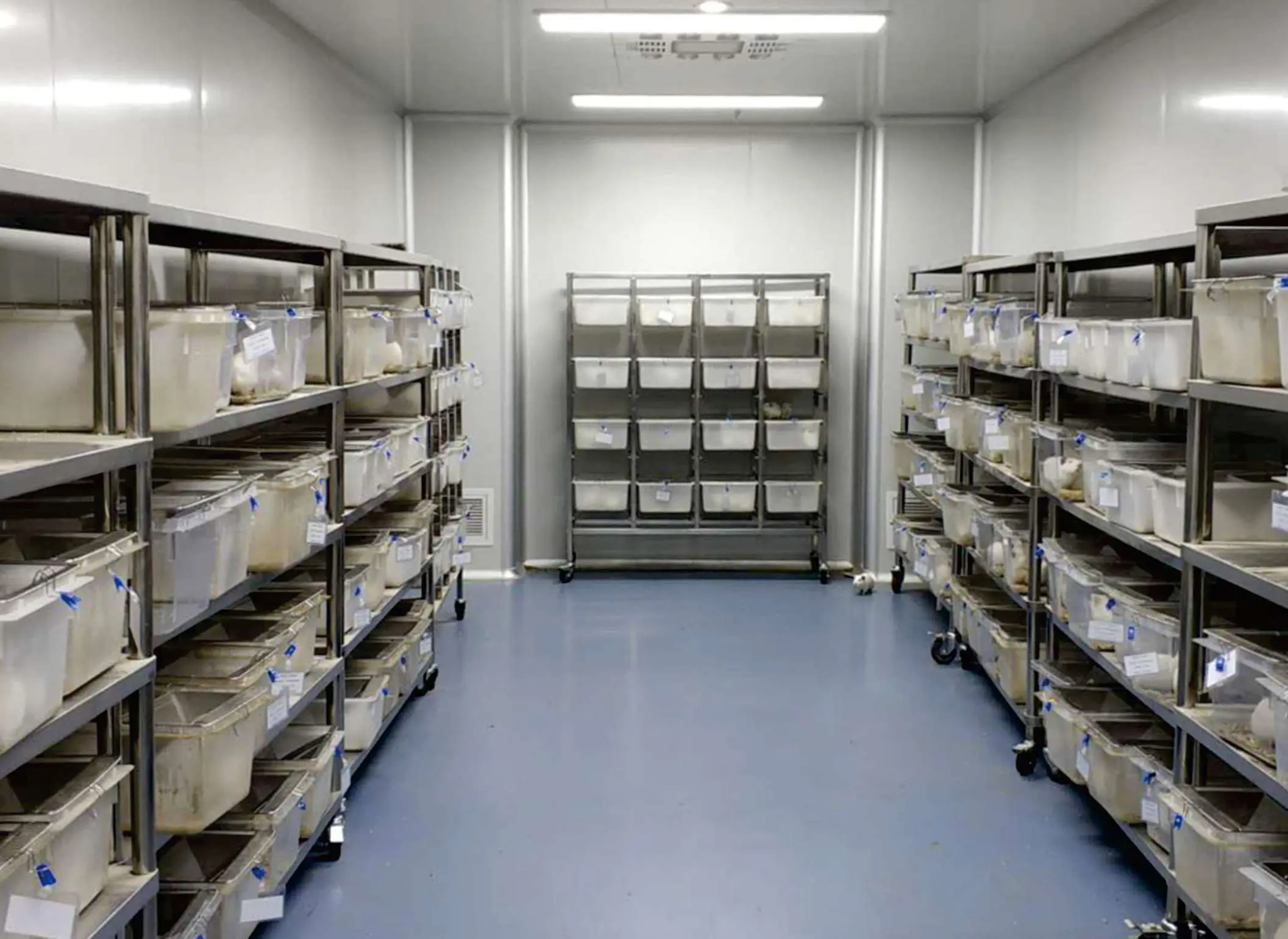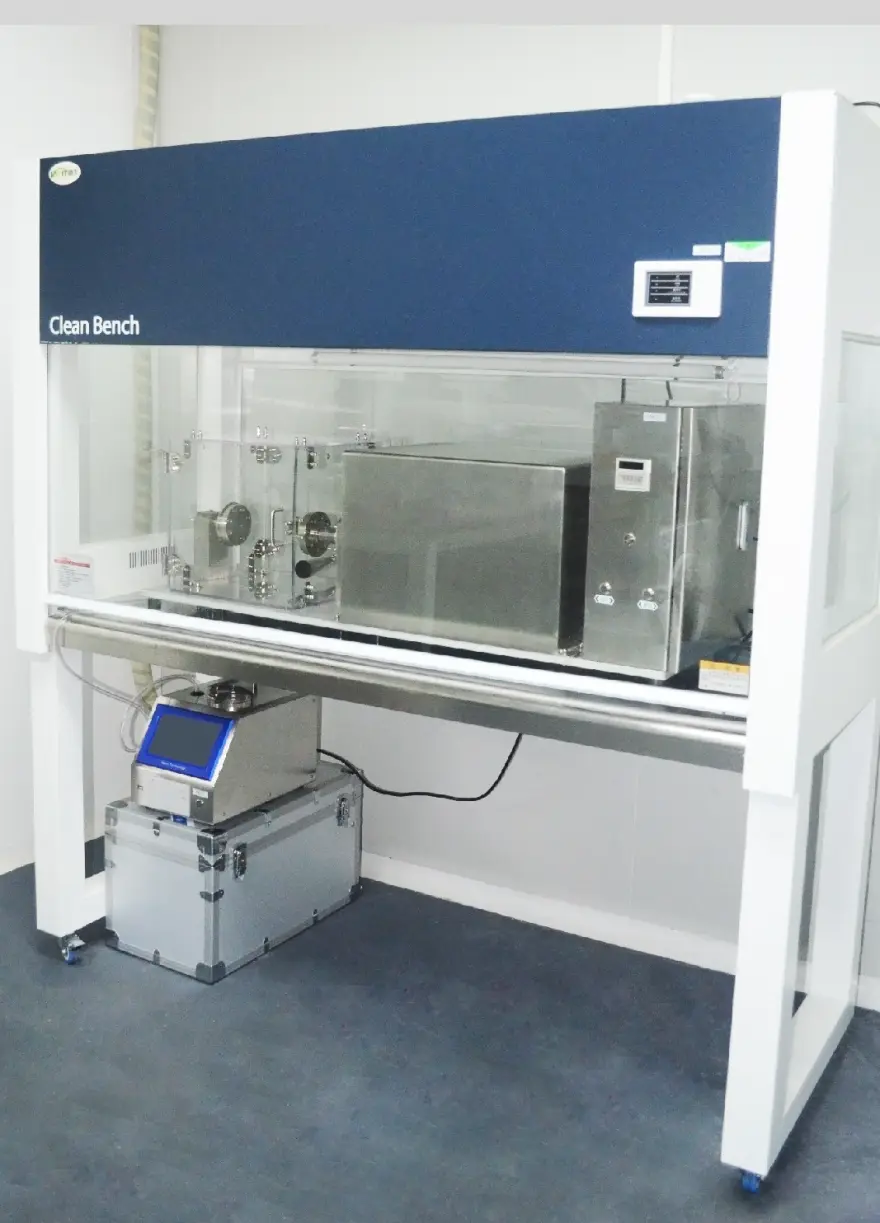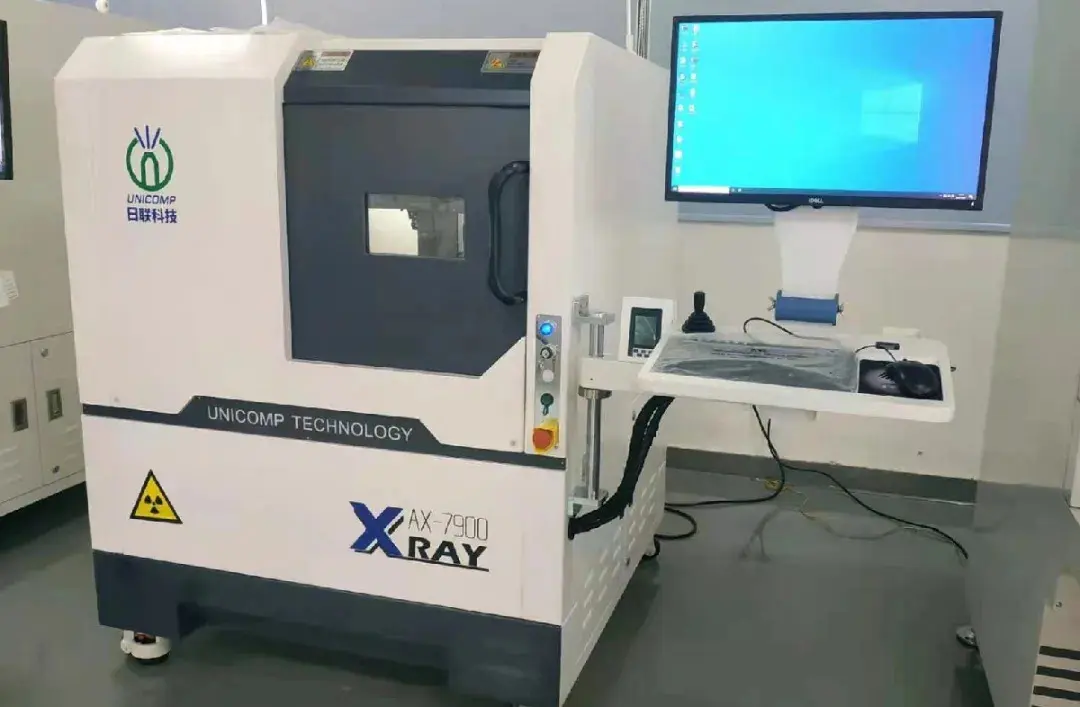
What certifications are required to export electronic products to Japan?
The Japanese market places great emphasis on product quality, with strict requirements for electronic products. Common certifications related to electronics in Japan include pse certification, telec certification, JATE certification, and meti registration. Regular electronic products may require PSE certification, wireless products may require TELEC certification, communication products may require JATE certification, and most products require METI registration. All of the above certifications are mandatory.
PSE Certification
PSE certification refers to Japan's Electrical Appliance and Material Safety Law, a mandatory safety certification for electrical products sold in Japan. It covers 506 products, of which 165 A-class products must obtain a diamond-shaped PSE mark, and 341 B-class products must obtain a circular PSE mark. Circular PSE does not require factory inspections, but the diamond-shaped one does.
PSE certification costs:
PSE certification costs include testing fees, annual certificate fees, and factory inspection fees. The specific cost depends on the product, as different products have varying fees.
TELEC Certification
TELEC certification, or the Radio Law of Japan, is also known as Mic certification, GITEKI certification, or Technical ComplianCE certification, and it is similar to China's srrc certification (Wireless Model Approval). It governs wireless products, such as 2.4G devices, Bluetooth products, Wi-Fi products, and RFID devices.
TELEC certification includes Test Certification and Type Certification. Test Certification is for verifying each individual unit of equipment, and this certification is only valid for the specific unit tested. Type Certification applies to a batch of equipment that is designed and manufactured in the same way. This certification is valid for the entire batch, but if the design or manufacturing changes, the equipment must be re-certified.
JATE Certification
JATE certification is required under Japan's Telecommunications Business Law and applies to mobile products. In general, mobile products must comply with Japan's Telecommunications Law (JATE certification) and the Radio Law (TELEC certification) to be legally sold. JATE certification is similar to China’s CTA Network Access License and is mandatory for communication equipment that connects to public networks. Products must display the certification mark, and the mark includes a serial number. Information such as the applicant, product, and certification number is published in the government gazette and on the JATE website.
METI Registration
The Ministry of Economy, Trade and Industry (METI) of Japan is responsible for issuing details about this regulation through its Information Economy Division within the Commerce and Information Policy Bureau. METI oversees the Electrical Appliance and Material Safety Law, which regulates the manufacturing and sale of electrical and electronic products to prevent potential hazards.
PSE certification is Japan's mandatory safety certification to prove that electrical and electronic products meet the safety standards of Japan's Electrical Appliance and Material Safety Law (DENAN Law) or international IEC standards.
The law requires that buyers in Japan must register with METI within one month of purchasing goods. The buyer's name or ID must be marked on the product to allow future supervision during the sales process. Currently, most regions in Japan enforce mandatory electronic registration with METI.
Email:hello@jjrlab.com
Write your message here and send it to us
 IECEE CBTL Testing Laboratory for IVD Medical Devi
IECEE CBTL Testing Laboratory for IVD Medical Devi
 China OECD GLP-Certified Laboratory
China OECD GLP-Certified Laboratory
 Packaging Validation ISO 11607 Test Report
Packaging Validation ISO 11607 Test Report
 What is the ISO 11607-1 Packaging Validation Test?
What is the ISO 11607-1 Packaging Validation Test?
 How to get an ISO 11737-1 Test Report?
How to get an ISO 11737-1 Test Report?
 Orthopedic Implant Cleanliness Testing
Orthopedic Implant Cleanliness Testing
 What is ISO 10993-23:2021 Irritation Testing?
What is ISO 10993-23:2021 Irritation Testing?
 ISO 10993-23 Irritation Testing Laboratory
ISO 10993-23 Irritation Testing Laboratory
Leave us a message
24-hour online customer service at any time to respond, so that you worry!




